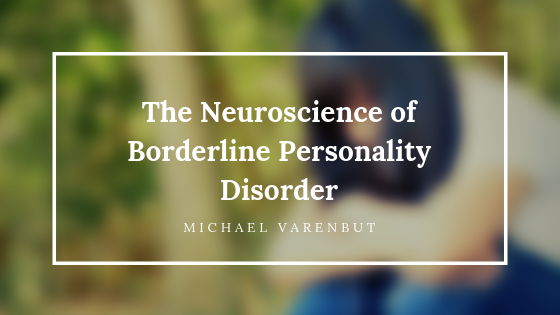Being diagnosed with Borderline Personality Disorder (BPD) can be overwhelming. Not many people really understand what it means at first or why it can be perhaps an untreatable condition of irregular moods, difficulty with interpersonal relationships, and identity instability. These symptoms can be quite serious but can be aided by certain types of therapy methods. If you or someone is diagnosed with BPD, it’s important to know exactly what that means.
The Symptoms
One of the biggest signs of BPD is irregular mood swings and being very uncertain about their role in the world. Because of this, they will often change their values and interests very quickly. Their interests in certain people in their lives often change as well, which leads to unstable relationships. They also often view things in the extremes, as all good or all bad. They also demonstrate chronic feelings of emptiness, unstable self-image, impulsive and often dangerous behaviors, difficulty trusting others, and problems controlling anger.
Who is at Risk?
Although BPD is very common, there has yet to be an exact cause for the disorder. However, research has found genetics, brain structure and function, and environmental, cultural, and social factors play a role may increase the risk for developing BPD. It has been found that people with a close family member who has the disorder, such as a parent or sibling, have a higher risk of having it as well. Research also shows those with BPD have structural and functional changes in the brain. This especially goes for the areas that control impulses and regulating emotions.
Besides family and brain factors, there are also environmental, cultural, and social risk factors. Often times, those who are diagnosed with BPD have undergone a major trauma in their life. This includes abuse, abandonment, or a troubled childhood. Although these have been identified as major risks for BPD, it doesn’t mean a person will for certain develop this disorder.
Treatment Options
When it comes to BPD, it isn’t one size fits all and in the past has been difficult to treat. However, there is now newer, evidence-based treatment that has shown real promise. Specialized treatment can help regulate emotions and experience fewer symptoms. Depending on the severity of someone’s symptoms, the length of treatment and the therapy that would be best for the patient.

